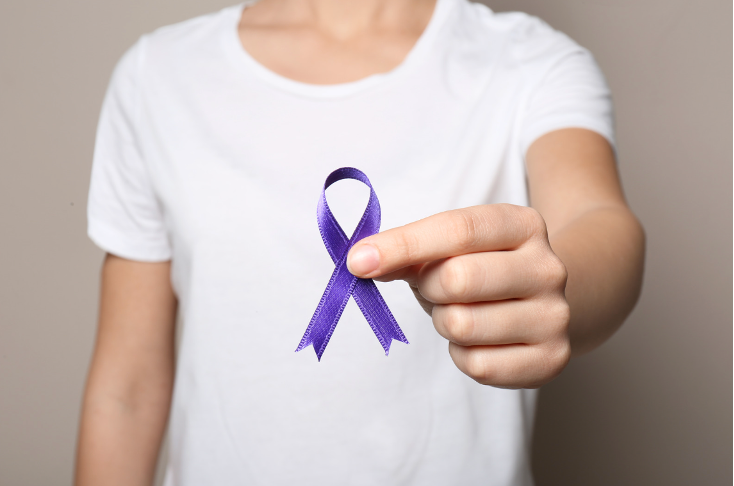Fibromyalgia is a term that you may have come across, but do you really understand what it means?
This condition affects approximately 3-5% of Australians, yet it remains shrouded in mystery for many. As exercise physiologists, we have seen firsthand the challenges faced by those living with Fibromyalgia. Therefore, we aim to shed some light on this condition, providing insights and knowledge that can help others understand what it’s like to live with Fibromyalgia and support those who are dealing with it.
What is Fibromyalgia?
Fibromyalgia is most widely known as a condition that causes widespread pain and tenderness in fibrous tissues and muscles throughout the body. The term is derived from the Latin “fibro,” meaning fibrous tissues; “my,” meaning muscles and “algia,” meaning pain.
The causes of fibromyalgia are still being researched, but studies suggest that genetic factors, environmental triggers, and abnormalities in the central nervous system (CNS) and peripheral systems (soft tissue/muscles and nerves) may play a role. Some triggering events may include infection, trauma, or the development of another disorder (such as arthritis). While these events may awaken an existing physiological abnormality, they do not necessarily cause it.
Living with Fibromyalgia
Living with fibromyalgia can be a rollercoaster of good days and bad days, with symptoms that can range from mild to severe. Many people with fibromyalgia experience increased sensitivity to pain, making even gentle pressure feel like a deep bruise. This sensitivity can extend to other sensory stimuli, such as bright lights, strong smells, and even changes in temperature. Along with the pain, comes fatigue that can make even simple tasks feel exhausting. The so-called “fibro fog” can make it difficult to concentrate, remember things, or even find the right words.
In addition to these common symptoms, people with fibromyalgia may also experience a range of less common symptoms, such as headaches, irritable bowel syndrome, and tingling or numbness in their limbs. The unpredictability of symptoms can make it hard to plan or maintain regular routines, and can even cause some to feel isolated or misunderstood. To make matters worse, triggers such as weather changes, stress, illness, and hormonal shifts can cause symptoms to flare up, exacerbating the pain and fatigue. Despite all of this, it’s important to remember that everyone’s experience with fibromyalgia is unique, and that it’s possible to find ways to manage symptoms and improve quality of life.
How can we help?
Although fibromyalgia has no known cure, there are many ways to alleviate its symptoms and improve the quality of life. Those with fibromyalgia can participate in regular low-impact exercise, like walking and swimming, which can enhance flexibility, strength, and overall health. Meditation, deep breathing, and yoga are just a few stress-reducing techniques that can also improve sleep quality. It’s also crucial to work with medical professionals to develop a pain-management strategy, specific to you.
As for the rest of us, raising awareness and making the commitment to understanding fibromyalgia can help us support those living with this condition. May 12th is World Fibromyalgia Day, a perfect opportunity to learn more and show our support. If you’re not sure where to start, Fibromyalgia Australia offers a variety of excellent resources worth exploring!
Author: Tessa Nielsen
Clinical Exercise Physiologist and
Content Creator at Specialised Health
References:
Fibromyalgia Australia – fibromyalgiaaustralia. (n.d.). https://fibromyalgiaaustralia.org.au/
Musculoskeletal Australia. (2022, November 14). Fibromyalgia — Symptoms, Treatment, & Diagnosis | MSK Australia. Musculoskeletal Australia (MSK). https://msk.org.au/fibromyalgia/?gclid=CjwKCAjw9J2iBhBPEiwAErwpeRDgzZXLNNLaXIin9_oSfrvfZ3YRcgvQj3qEOqzT9MGY8axpX_tUixoC7lQQAvD_BwE
#exercisephysiology #exerciserehab #rehabilitation #lifeinsurance #incomeprotection #ctp #workcover #mobile #mobileexercisephysiology #fatigue #mentalhealth #cancer #musculoskeletal #injury #pain #physio #physiotherapy #Sydney #Brisbane #Melbourne #Adelaide #Auckland #Waikato #BayofPlenty #Wellington #Otago #Christchurch



